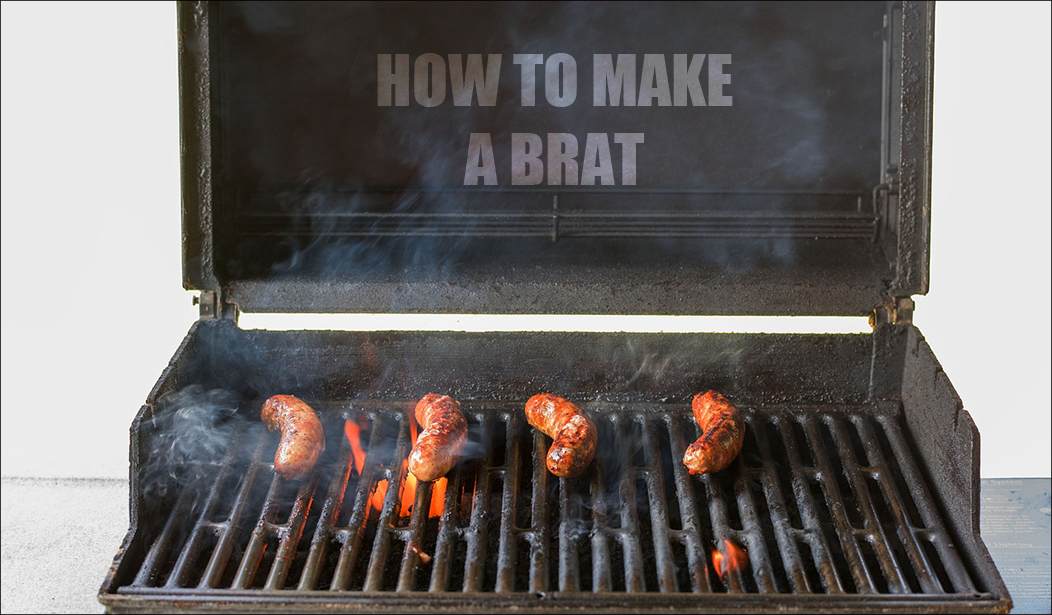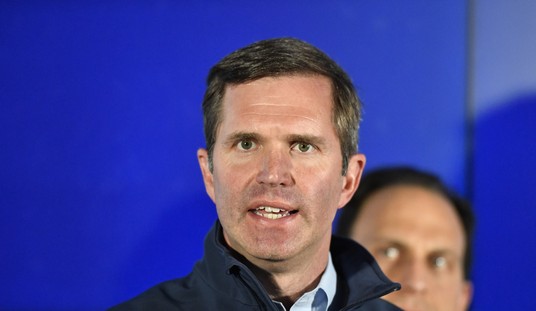There are always trends in parenting, so-called 'new' ideas or philosophies that become wildly popular for a while and then fade away.
'Gentle parenting' is one of those trends.
What is 'gentle parenting', you ask?
Well, gentle parenting is 'a parenting approach that encourages a partnership between you and your child to make choices based on an internal willingness instead of external pressures.'
Excuse me, but what?
Perhaps it's because our boys are slightly older -- 17, 14, and 11 -- or that my parents were older (or old-fashioned) that I've completely missed the 'gentle parenting' wave. Thank goodness.
Based on what I've seen, 'gentle parenting' benefits no one -- least of all the children.
Gentle parenting means having negotiations about irrational toddler feelings; validating tantrums. “I know you have big feelings but we have to do xyz right now. I know you don’t want to, but we can do that later..” Instead of just saying one simple word: No. https://t.co/2dHq4fiZbs
— Bethany S. Mandel (@bethanyshondark) July 10, 2024
Anyone who has raised or worked with kids knows that they are irrational creatures who are incapable of doing things based on 'internal willingness' because they don't have the mental or emotional capacity for that higher-level thinking (and neither do a lot of adults, alas).
So this notion we can negotiate and reason with toddlers and grade-school children is 1) laughable and 2) makes parenting much, much harder than it has to be.
Children need structure, routine, and consistent discipline -- all external factors. They need to have set boundaries and simply be told 'no' from time to time. Dissertations on why your seven-year-old can't have ice cream for dinner are a waste of time and energy.
Be. A. Parent.
And they also need to learn a very important lesson early on: the world doesn't revolve around them. Or their feelings.
The sooner they learn how to cope with that, the better off they'll be.
Research has shown that giving kids responsibilities from an early age (around four or five) leads to higher self-esteem, less anxiety, happiness, and professional success. This isn't a fly-by-night study, either: it's an 85-year-long multigenerational study from Harvard.
The same applies to discipline.
There are times when having a nice discussion just doesn't work. Your toddler is reaching for the hot stove, for example, is not the moment to say, 'Gee, Timmy, are we sure that's a good choice?'
It makes parenting a miserable chore. Parenting is hard, yes, but it is also tremendously rewarding. But our culture makes it seem like you have to be this perfect, engaged, emotionally fine-tuned powerhouse. And that anything less that that means you're failing. It's why so many women shy away from having kids ('If it sucks that much, why would I subject myself to it?'). So don't buy into the nonsense.
YOU are the parent. YOU set the rules. YOU can say no, and you don't have to understand why your child feels the way he does about it.
Life is hard. Goodness knows I don't have to tell you that, dear reader.
So why should we parent in a way that ignores the reality of daily life, when our job is to raise our children to face it? We shouldn't.
You aren't going to be around forever to hold your child's hand and validate his feelings. And guess what? His neighbor, his boos, his government won't care about his feelings, either.
Back in January, our boys lost their father to a sudden illness. There isn't a doubt in my mind that the upbringing they received helped them better navigate one of the worst times in their lives. In fact, while I am often proud of them, I was immeasurably so back when we were going through all that. The emotional maturity they showed, the compassion for each other (and for me), and the dignity with which they handled the funeral and all that goes with it impressed upon me that we've got some fine young men here.
It's the worst thing that can happen to a young man, and they handled it better than some adults.
And the rest of life, sadly, will be faced with such moments. The best way to make sure those bad moments don't win is to give children the discipline, structure, and upbringing to know how to handle their emotions rather than indulging them.
We've seen the fruits of such indulgence in our culture writ large: miserable, overly emotional adults who can't cope with daily life. Who think a Tweet is an affront to their dignity and who melt down on TikTok over minor inconveniences and pronouns.
You are doing your child no favors by heading down that path. So don't take it.

























